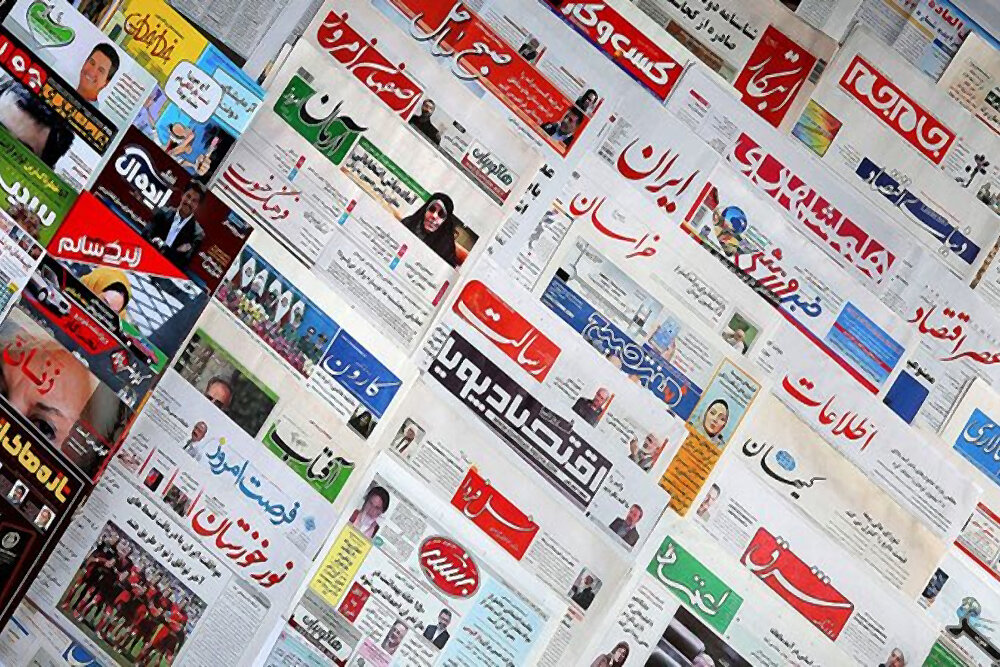Syria rose from the ashes

Siasat-e-Rrooz writes: Syrian President Bashar al-Assad hosted a delegation of the speakers of the parliaments of Iraq, the United Arab Emirates, Jordan, Palestine, Libya, Egypt, and heads of the delegations from Oman and Lebanon.
Not long ago, Bashar Assad had also visited Oman.
After the Syrian earthquake, some officials of Arab countries traveled to Damascus.
After years of confrontation with Syria and supporting terrorists, Saudi Arabia also sent humanitarian aid to Syria.
By now, the Arab countries stood by the U.S. and against Syria, so their current approach shows the changes in the structure of the region and the world.
These years, Syria has been able to survive against the extensive sanctions of the West while fighting terrorism, and at the same time, by supporting Palestine, it has also maintained its regional position.
At the same time, developments in the region show that Arab countries no longer trust America.
So, it can be said that the new approaches of the countries towards Syria are due to the achievements of Damascus on the resistance front.
National economy, natural gas reserves, and gas diplomacy
Today, one of the biggest concerns of the countries that have gas reserves is to convert this non-productive underground asset into a productive asset, Sharq says in commentary headlined “National economy, natural gas reserves and gas diplomacy”.
Being active in global markets requires preparations, but customers will cooperate with a supplier if they become confident of long-term cooperation.
In the last few years, Qatar, the holder of the third largest gas reserves, has introduced itself as a reliable exporter.
The plan to build a peace pipeline to transfer Iranian gas to the Indian subcontinent was stopped. In contrast, the TAPI pipeline, which is supposed to deliver Turkmenistan's gas to India and Pakistan, is being implemented.
With the absence of Russia, Turkmenistan, with reserves of about one-third of Iran's reserves, pursues a larger share of the global gas trade by implementing the gas transmission pipeline from the Caspian Sea bed.
The result of all these events is the loss of Iran's opportunity to participate in the global gas market. If the current situation continues, Iran will have to wait for Turkmenistan's gas to be depleted to make its stagnant gas reserves, productive.
Etela'at: The world is poorer because of Ukraine war
In an article, Etela'at wrote: The history of the world is known by many turning points; the contemporary history is known by the First and Second World Wars, the Cold War, the collapse of the Soviet Union, and the September 11 terrorist attacks. But undoubtedly the war in Ukraine is a new milestone.
The war in Ukraine took place in the atmosphere of the world's coronavirus pandemic. With the spread of the coronavirus, 70 million people were pushed into poverty.
At the same time, climate change created disasters, and in such a situation in an interconnected world, the war in Ukraine intensified two crises: food crisis and also energy crisis that had a profound impact on the world's livelihood.
Arman Melli: Excuses to activate trigger mechanism have increased
Arman Melli writes: There have been many excuses to activate the trigger mechanism if the nuclear deal – JCPOA - is not revived.
European countries can claim that Iran has violated its commitments in the JCPOA.
If such a decision is taken, Russia and China cannot veto it because the situation is different. As a result, an opponent can invoke the trigger mechanism.
Under the current condition, the reports published by the IAEA about Iran are negative and the body can claim Iran is not cooperating, which can serve as a reason for one of the European countries to activate the trigger mechanism.
If the trigger mechanism is activated, all the concessions given to Iran under the JCPOA will be lost.
In the current situation, the JCPOA is not dead, but it is in a coma, and if it is lucky, can come out of the coma.
However, the U.S. has never said that the JCPOA is dead. In any case, because of its interests, Washington is looking for ways to be in contact with Iran.
Sobh-e-No: We need diplomats who have initiative and courage in decision making
Today, the future of the negotiations is uncertain, and no one knows whether or not the deal will benefit everyone, considering the change in the balance on the 5+1, Sobh-e-Nou writes.
Iran's negotiating team lost the opportunity to reach an agreement by delaying and not negotiating in ideal conditions, and now they are looking for an agreement.
Today, the country is paying for the policies of the negotiating team, which adopted the strategy of negotiations without results. This shows their lack of self-confidence.
Now it is said that the responsibility for nuclear talks will probably be assigned to the Strategic Council for Foreign Policy. Whether the responsibility of the negotiations is assigned to the council or not, we need diplomats who, firstly, have the initiative in negotiations and secondly, the courage to make decisions at an appropriate time.
Leave a Comment